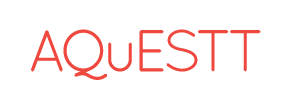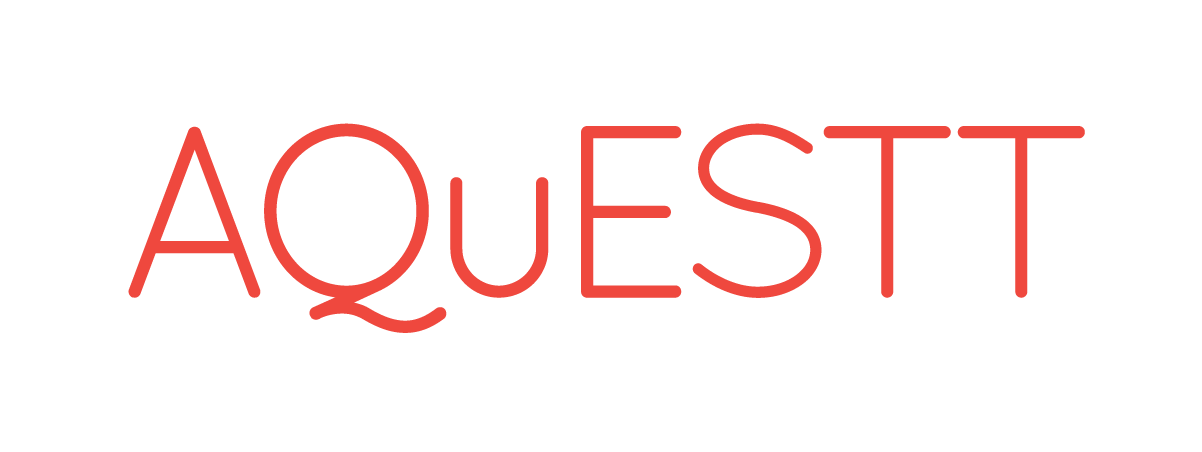Accountability for a Quality Education System, Today and Tomorrow
Great things happen when we work together.
Leadership Domain
Leadership
Strong leaders, committed to achieving educational equity, are critical to the processes of approval, accreditation, accountability, and continuous improvement. Leaders, from school boards to superintendents, principals to teacher leaders, set a vision for achieving educational equity, offering students meaningful access to the educational resources they need at the right moment, at the right level, and with the right intensity to not only reach high expectations for learning, but also to discover and explore their passions and make meaningful connections within the context of their postsecondary interests, careers, and civic lives. Leaders must possess the knowledge, skills, and mindset to systematize equity.
Success, Access, and Support Domain
Educational Opportunities and Access
Each student has access to effective, comprehensive, and continuous learning opportunities that prepare them for ongoing school success, postsecondary education, and career goals.
Transitions
Quality educational opportunities focus on effective supports and high quality collaborations for each student transitioning within, into, and between grade levels, programs, schools, districts, postsecondary education, and careers.
Positive Partnerships, Relationships, and Success
Schools and districts implement best practices in student, family, and community engagement to enhance experiences and opportunities that are culturally inclusive and relevant for each student. Student success and engagement relies on positive partnerships and relationships to fundamentally improve the outcomes for each student, school, district, and community.
Teaching, Learning, and Serving Domain
Educator Effectiveness
Each student is engaged by effective educators throughout their learning experiences, such that schools and districts develop effective teachers and school leaders who establish a culture of success.
Student Achievement and Growth
A balanced assessment system that includes results from multiple sources is used to measure student growth and achievement towards Nebraska’s content area standards. A balanced assessment system is a necessary component of the instructional process to improve learning and growth for each student.
Postsecondary, Career, and Civic Readiness
Each student, upon high school graduation, is prepared for success in postsecondary education, career, and life pursuits.

